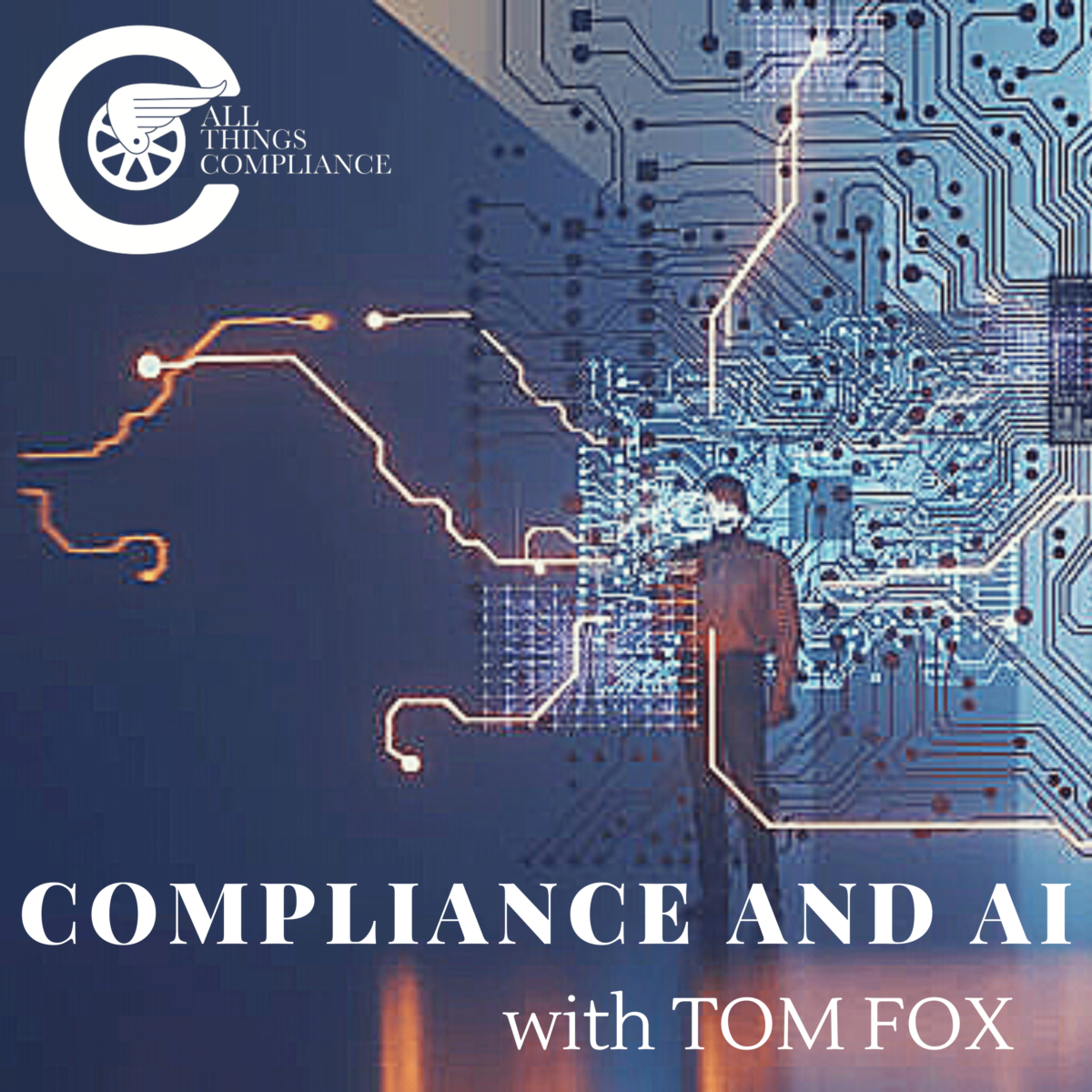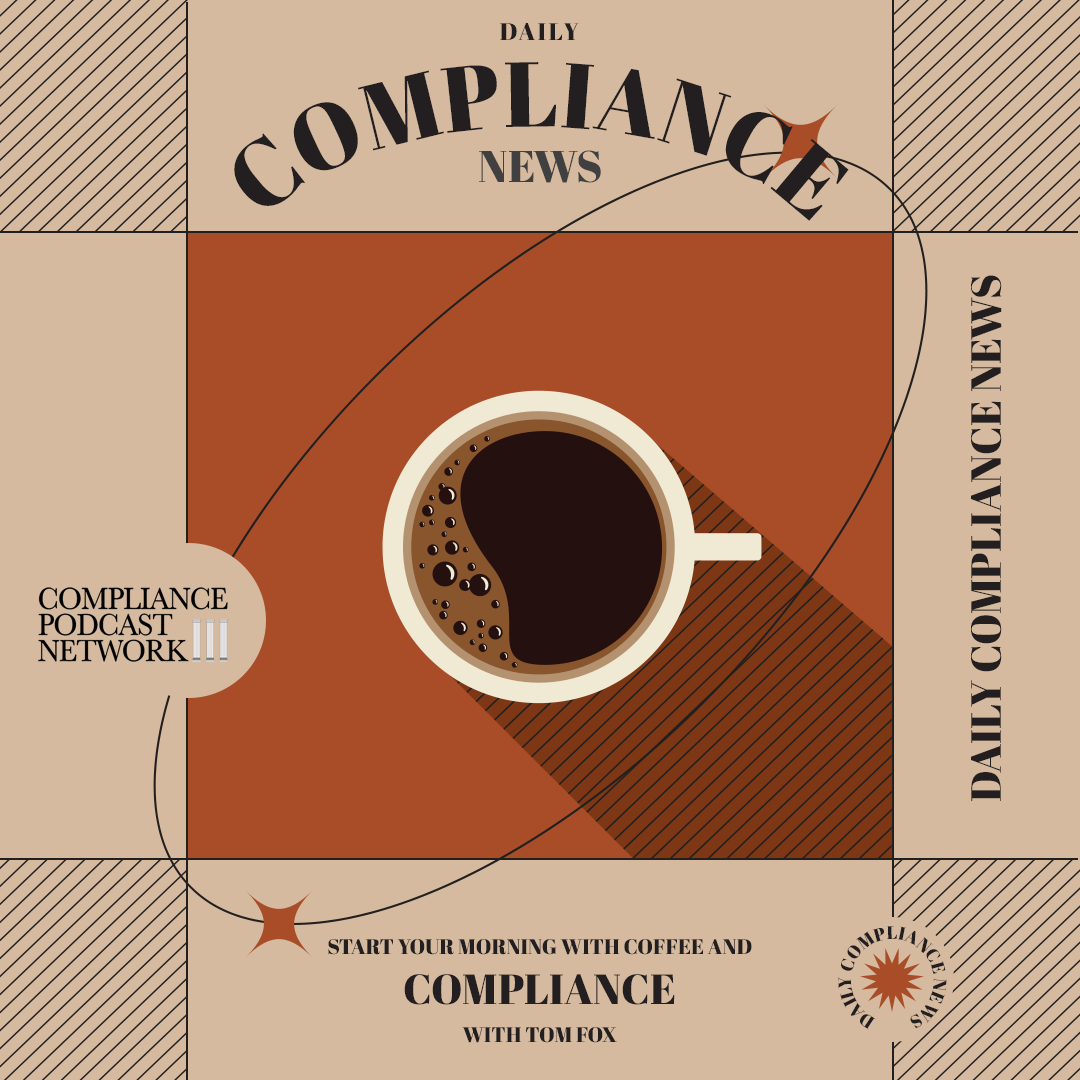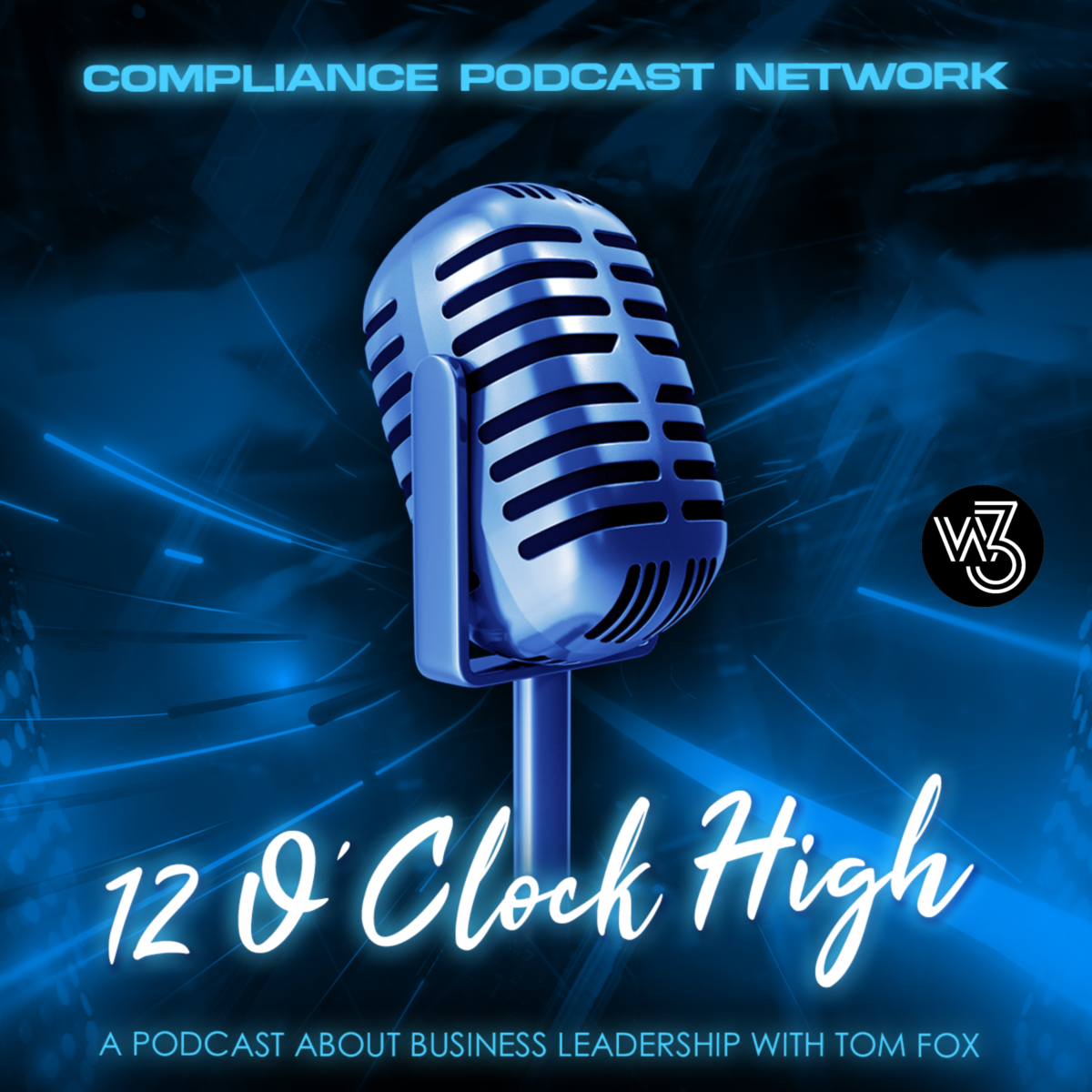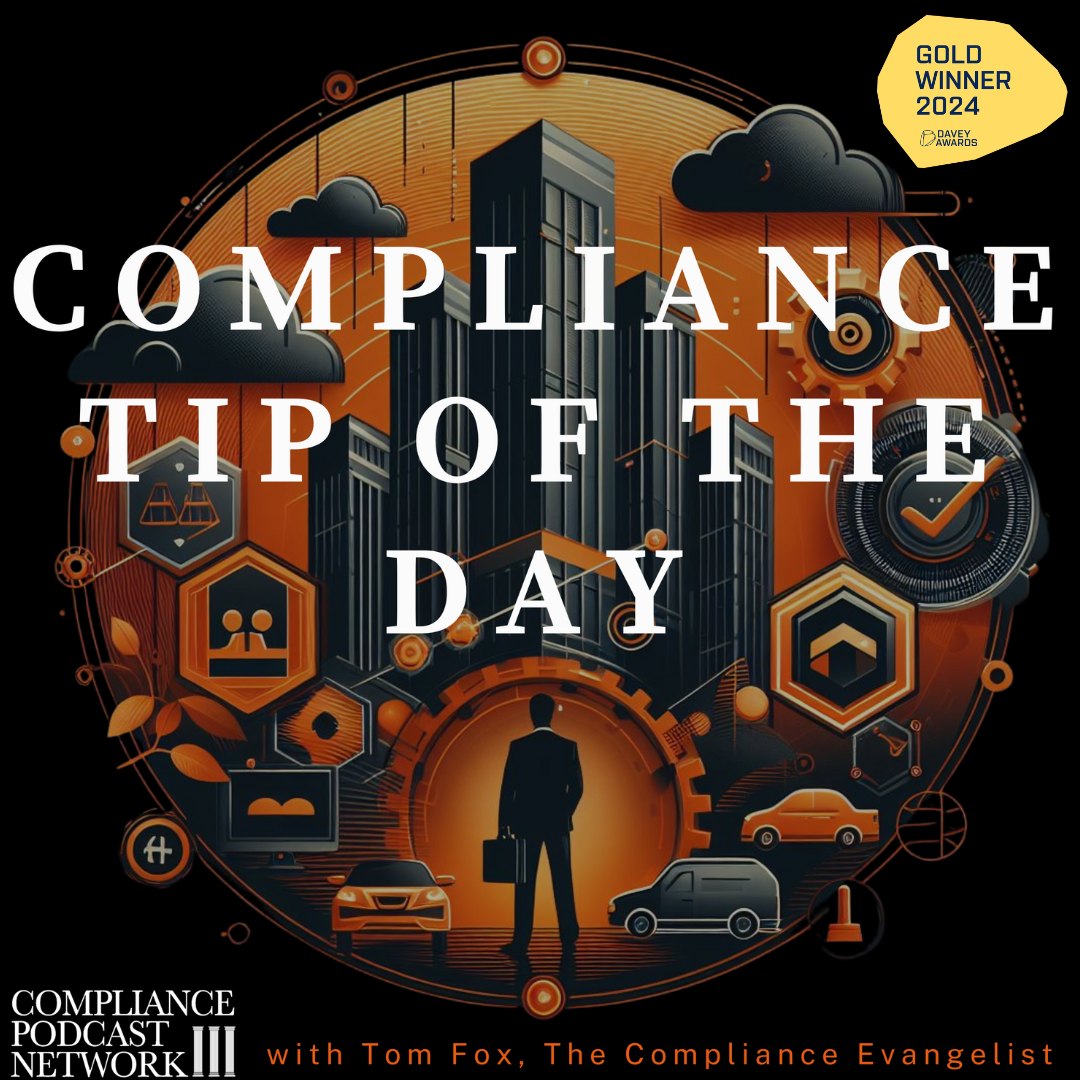The DOJ’s message from the 2024 ECCP is clear: if companies want to maintain credibility, mitigate risks, and avoid scrutiny, they must embrace data analytics to support and document their compliance efforts. This evolution reflects a regulatory desire for transparency, encouraging companies to invest in culture audits and data analysis that reveal the real-time health of their compliance programs. In this final post in this blog post series, we will delve into the DOJ’s expectations, the benefits of a data-driven compliance culture, and the tools compliance officers can use to meet these standards.
The Role of Data in Compliance Culture
Data analytics offers compliance professionals an objective means to assess and continuously improve their programs. Traditional compliance relies heavily on anecdotal evidence and checklists. In contrast, a data-driven approach allows companies to make evidence-based decisions, providing a real-time view of organizational health. It’s a proactive shift well-aligned with the DOJ’s guidance to evaluate and update compliance programs as risks evolve continuously.
In the 2024 ECCP, the DOJ emphasizes questions on compliance culture, such as how companies measure their commitment to ethics, encourage employee engagement, and respond to insights from compliance-related data. These questions are not hypothetical; they are the lens through which prosecutors assess corporate accountability and trust. The DOJ’s emphasis on data moves toward measurable proof rather than broad statements or sporadic improvements. The data can reveal critical insights: where engagement is high, trust in leadership, employee adherence to values, and areas that require more attention.
To implement this data-centric approach, compliance officers should consider frequent culture audits that capture engagement metrics, employee perceptions of leadership, and more. By establishing a baseline and tracking data over time, companies can better understand and respond to shifts in compliance culture. Ultimately, data allows compliance professionals to turn the abstract into actionable.
Benefits of a Data-Driven Compliance Culture
A data-driven culture brings numerous benefits, from risk identification to increased employee trust and engagement. When organizations adopt data to track compliance health, they can see risks and address them before they escalate. Compliance professionals who leverage data have a detailed, evidence-based understanding of program effectiveness that helps them make informed decisions about where to allocate resources and where to implement change.
Early Risk Detection and Prevention. Data-driven compliance programs are more effective at identifying risk patterns early. With detailed insights from culture audits, compliance officers can detect trends, such as recurring issues within specific teams or regions, that might otherwise remain hidden. This early warning system allows companies to address these risks proactively, strengthening the overall compliance framework.
Enhanced Decision-Making and Responsiveness. A data-driven culture empowers leaders to make well-informed decisions. Rather than relying solely on anecdotal feedback or infrequent surveys, compliance officers have access to quantitative data that highlights real-time organizational trends. When leaders have a clear view of compliance culture, they can make strategic decisions to address issues immediately, ensuring a quick response that builds trust within the organization.
Building Employee Engagement and Trust. In data-driven organizations, employees see that their input is taken seriously and that their feedback influences change. For example, if an audit reveals low levels of trust in a specific department, leaders can address this directly, signaling to employees that their concerns are acknowledged. When employees feel listened to, their engagement improves, and they are more likely to adhere to ethical standards and contribute positively to the compliance culture.
Culture Audits are the Key
Culture audits are indispensable tools for collecting and analyzing data about compliance culture, allowing compliance officers to gain deep insights into organizational behavior and engagement. Culture audits go beyond traditional surveys by providing an in-depth assessment of compliance dynamics within the company. They’re designed to answer the DOJ’s specific questions on compliance culture: Do employees feel supported in reporting misconduct? Do they trust that their concerns will be taken seriously?
By conducting regular culture audits, compliance professionals can measure the effectiveness of their programs against DOJ expectations. This includes capturing metrics around engagement, sentiment toward leadership, and the prevalence of trust within the organization. These audits also serve as benchmarks, enabling compliance teams to document improvements and address gaps. For example, if a culture audit identifies that employees are hesitant to report issues due to fear of retaliation, the company can create a plan to increase whistleblower protections and communication around those protections.
Beyond internal benefits, culture audits offer critical documentation for regulators. In an investigation, companies that can present detailed data about their compliance culture, engagement levels, and trust are better positioned to demonstrate a proactive commitment to ethics and transparency. When compliance officers can show regulators hard data on compliance effectiveness, it builds credibility and shows that the company is not merely paying lip service to compliance but is actively managing and monitoring its program.
Implementing a Data-Driven Compliance Culture
Compliance officers interested in transitioning to a data-driven culture can follow these steps to build an effective program:
- Establish a Baseline through Initial Culture Audits
Begin by conducting a comprehensive culture audit to capture current sentiment, engagement levels, and trust in leadership. This initial data serves as a baseline, allowing compliance teams to measure progress over time.
- Gather Broad-Based Employee Input
A truly data-driven culture captures input from all levels of the organization, from entry-level employees to senior leadership. Broad-based data collection ensures that compliance professionals understand perceptions across the board and can identify areas of disconnect between leadership’s vision and employees’ lived experiences.
- Utilize Data for Continuous Improvement
Compliance isn’t static, and neither is culture. A data-driven culture requires continuous monitoring, with regular audits and analysis, to detect shifts in engagement or areas of concern. Companies that reassess their culture regularly are better equipped to manage emerging risks and meet DOJ standards.
- Act on Findings to Demonstrate Commitment.
Gathering data is only the first step. Compliance professionals must take actionable steps based on audit findings to reinforce the company’s commitment to ethics. For example, if the data indicates that employees feel undervalued, consider improving recognition programs or addressing communication gaps. This shows employees—and regulators—that the company takes its compliance responsibilities seriously.
- Document Everything for Regulatory Readiness
In the eyes of regulators, if it is not documented, it did not happen. Maintaining detailed records of culture audits, responses to audit findings, and improvements over time creates a clear paper trail that can support the organization in a DOJ investigation.
DOJ’s Perspective: Transparency and Accountability
During a recent address at the Society of Corporate Compliance and Ethics (SCCE) Annual Conference, Principal Deputy Assistant Attorney General Nicole M. Argentieri reinforced the DOJ’s commitment to transparency in compliance evaluations. By making policies publicly available and outlining expectations in the ECCP, the DOJ equips compliance professionals with a clear roadmap for meeting regulatory standards. Companies prioritizing data-driven compliance align themselves with DOJ expectations, creating a robust program that promotes accountability and reduces the likelihood of penalties.
The DOJ’s clear guidance on data-driven culture shows that compliance programs are no longer judged solely on written policies but tangible, data-backed outcomes. A culture audit is not just an internal tool but a document demonstrating a company’s real, measured commitment to ethics and compliance with the DOJ.
Why Data-Driven Culture Is the Future of Compliance
In an era when the DOJ demands data-backed evidence of compliance culture, data has become a critical tool for compliance professionals. A data-driven approach enables compliance officers to move beyond surface-level evaluations and create a dynamic, responsive, transparent, and accountable compliance culture. Companies can foster a proactive, engaged, and ethical workplace that meets DOJ standards by regularly conducting culture audits and addressing findings.
Embracing data-driven compliance isn’t just about meeting regulatory expectations; it’s about building a corporate culture that prioritizes ethical behavior and creates a foundation of trust. Compliance professionals who invest in data analytics and culture audits today are equipping their organizations with the resilience to meet tomorrow’s challenges head-on. In the DOJ’s evolving regulatory landscape, data is not simply a tool—it is the future of compliance.








